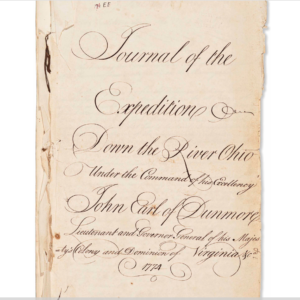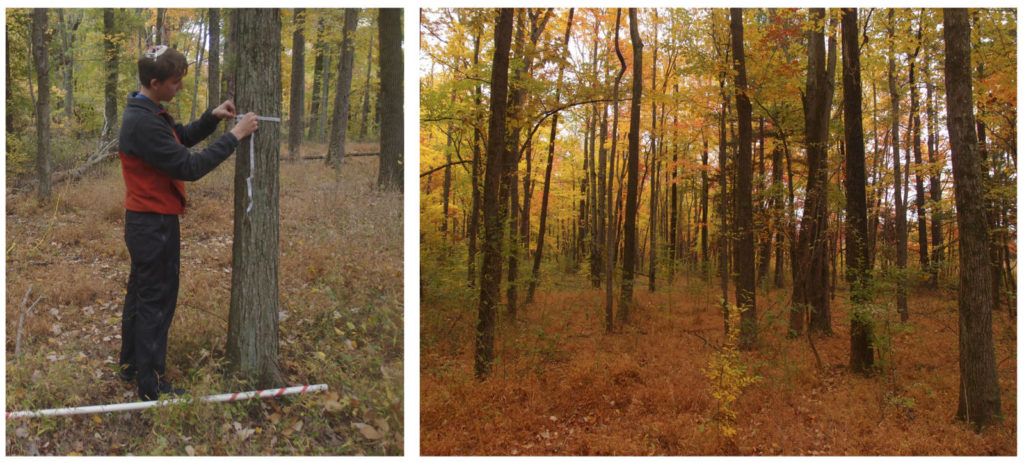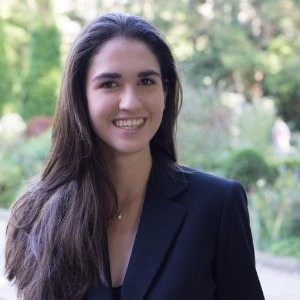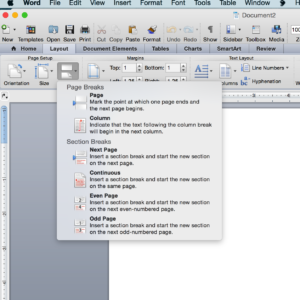Learning about independent work in different disciplines can widen your understanding of research and provide insight into the diversity of work being done by the undergraduate research community. This may be especially important if you are a first-year or sophomore student deciding on what concentration to declare. As a GEO major, I am very familiar with the type of research that goes into scientific independent work, but less familiar with research in other disciplines.
To learn more about other types of student research on campus, I interviewed Rae Perez ‘19 about her independent work in the architecture department. Rae is researching the closing of 50 public schools in black neighborhoods in Chicago. Her thesis will analyze these buildings in the context of the city’s racial and political landscape. If you are curious about what research for an architecture thesis might look like, here is what Rae shared about her independent work:
What is your thesis about?
It is an architecture thesis challenging the borders of architecture by dipping into social sciences, urbanism, racial and political dynamics of a city. [I am] trying to understand how individual buildings reflect political ideologies. Chicago shut down 50 public schools in predominantly black neighborhoods and is doing nothing to help a struggling demographic they have historically injured. I want to look at how these buildings have embodied different meanings over time.
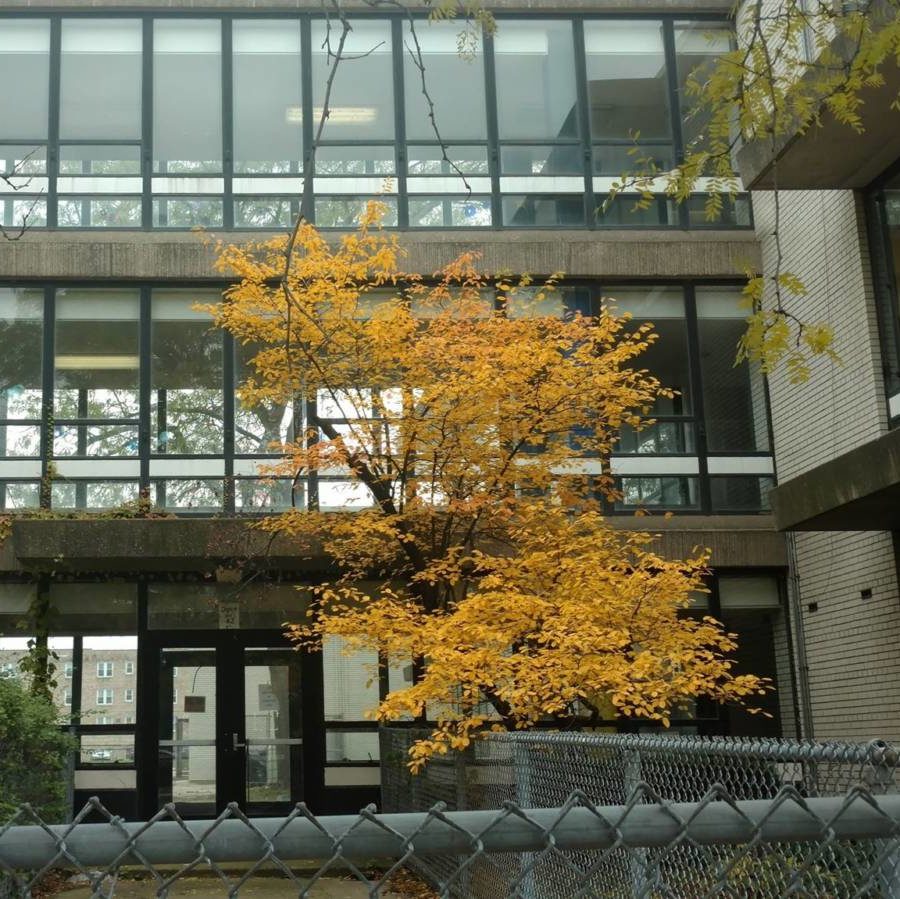
Continue reading Independent Work in Architecture: An Interview with Rae Perez ’19


